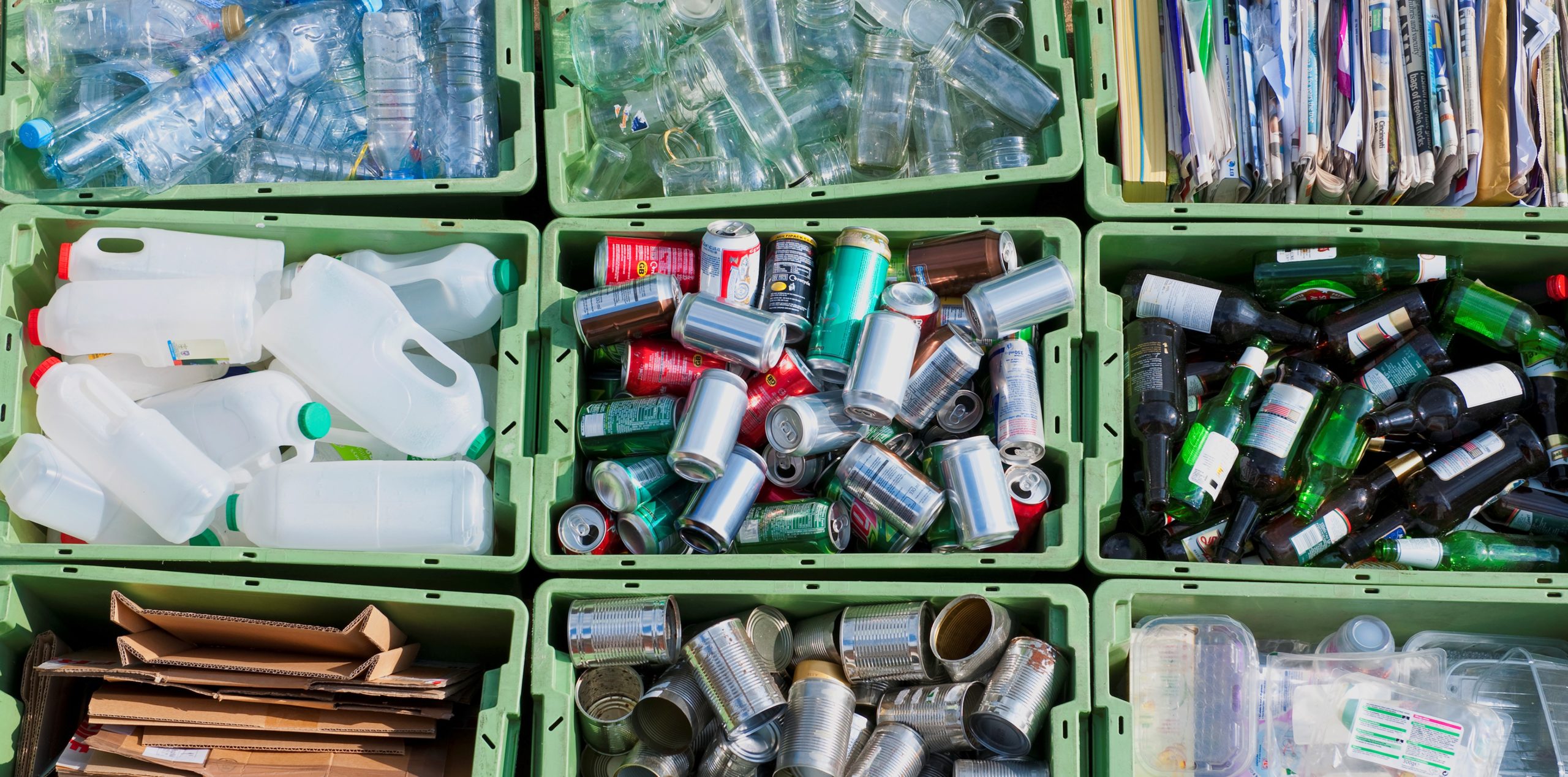COVID-19: A waste management roadblock
May 22, 2020
With the majority of Canadians social distancing at home and the closure of non-essential business, the COVID-19 pandemic has had far-reaching implications for various industries, including the waste management sector. Many municipalities across the country have noted changes in residential waste generation while sorting facilities have reported reduced processing capacities due to physical distancing measures. Collection services have also been temporarily suspended in certain jurisdictions for the health and safety of workers.
Residential waste generation
COVID-19 has impacted municipalities differently across the country in terms of waste generation and collection with some reporting increases in residential waste while others have declined. When compared to previous years’ statistics, Metro Vancouver has reported a 10% drop in overall waste generation, largely due to the closure of businesses resulting in a 25% reduction of commercial waste. In comparison, Metro Vancouver’s residential waste increased in April with more people staying at home.
The City of Ottawa has also reported increases in residential waste with more data expected to be released in the coming weeks. Based on recent survey results, the Ontario Waste Management Association (OWMA) reported that residential waste was up by the equivalent of “more than 600 full garbage trucks” for the period of March 9-April 13.
Reduced processing capacities
Municipalities have also reported reductions in processing capacities at sorting facilities due to physical distancing requirements limiting the number of employees working on the same shift. In the City of Edmonton, these measures resulted in the stockpiling of recyclable materials for future processing while a recent report stated that approximately 25% of blue bag material is being sent directly to landfill.
Blue Box collection suspended
Over the last few weeks, there have also been suspensions in blue box collection for the safety of workers with requests being made to the public to store material, where possible. For example, the City of Brockville, ON suspended blue box collection for two weeks while Fredericton Solid Waste in New Brunswick announced that they would no longer sort recycling coming to landfill as of April 6.
Bottle deposit programs suspended
Due to concerns over the health and safety of employees, many bottle deposit programs were suspended across the country with consumers being told to keep bottles at home. Although bottle depots and programs have begun to operate again in many provinces, there were significant closures and reductions in service hours. As a result of this, many breweries reported shortages of bottles which contributed to supply chain disruptions.
In BC, the majority of depots have remained open throughout the pandemic with initial reductions in service hours but collection has largely returned to normal. Meanwhile in Alberta, many privately-run depots were initially closed but operations have largely resumed again. Ontario also experienced reductions in bottle collection with the Beer Store temporarily suspending collection in March but select locations have resumed services as of April 6.
In Quebec, return-to-retail was suspended at the end of March but limited initiatives are beginning to be offered again, including the collection of bottles in parking lots and at delivery docks. Collection is also beginning to resume again in the Atlantic provinces, including Newfoundland and New Brunswick, with long lines outside of depots on opening day. In comparison, depots still remain closed in Saskatchewan with no scheduled date for reopening.
Access to recycled material
Although it is still early to predict what the lasting impacts of COVID-19 will be, there are concerns that the decreased collection of recyclables in North America will make it more difficult for manufacturers to access recycled materials to produce products and packaging. The shipping industry has also had to adjust by offering fewer sailings leading to increased freight rates making it more expensive to transport scrap material.
For this reason, the Asian plastics recycling industry has already reported shortages in scrap plastic, which it normally purchases from the US. The Chinese paper industry has also reported that reduced shipping capacities have limited the amount of recovered fiber coming from the US, Europe and Japan.
Meanwhile, China approved a revision to solid waste management policies on April 29 to gradually move the country towards its goal of zero import of solid waste. The revision included measures around “reducing single-use plastic production, bolstering domestic recycling capacity, establishing extended producer responsibility for certain products and more.”
Therefore, it will be important to continue to monitor waste management systems and supply chains, even as the COVID-19 pandemic begins to decline, as there will be lasting impacts requiring innovation and economic recovery packages from government.
Please contact us if you have any questions, comments or suggestions for future topics.



